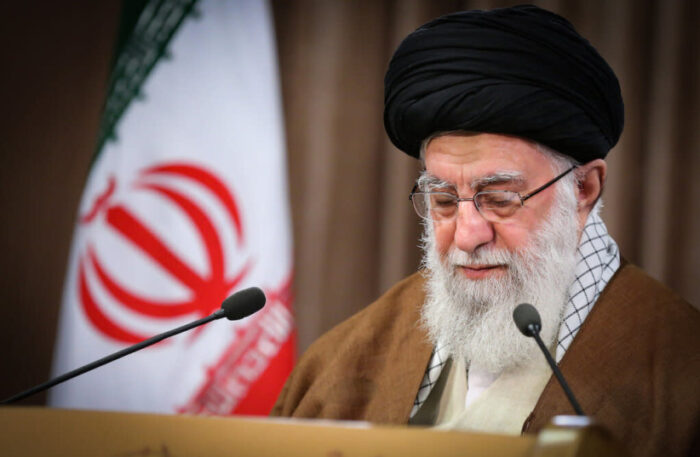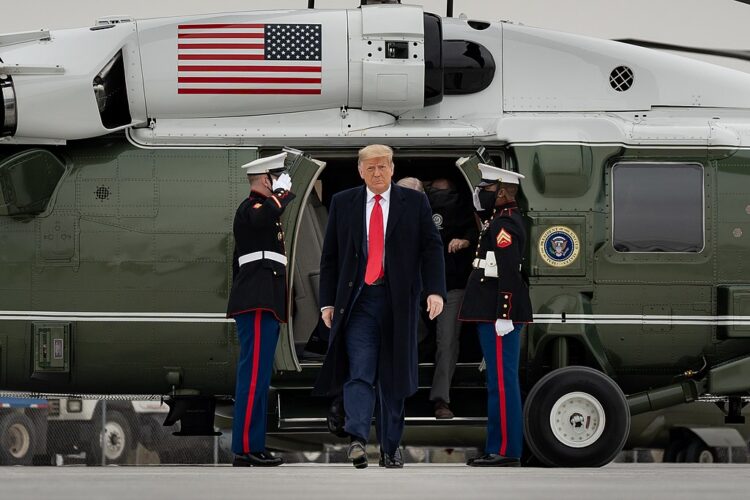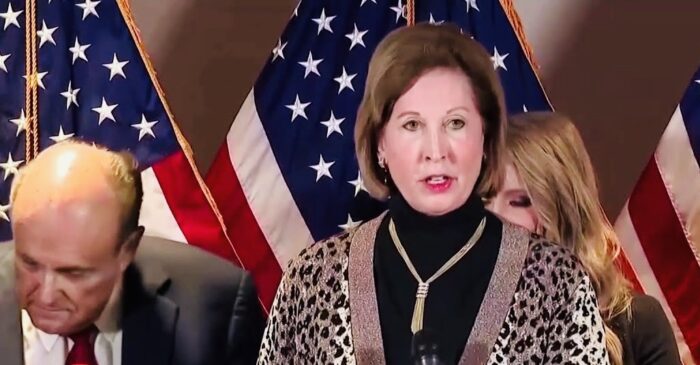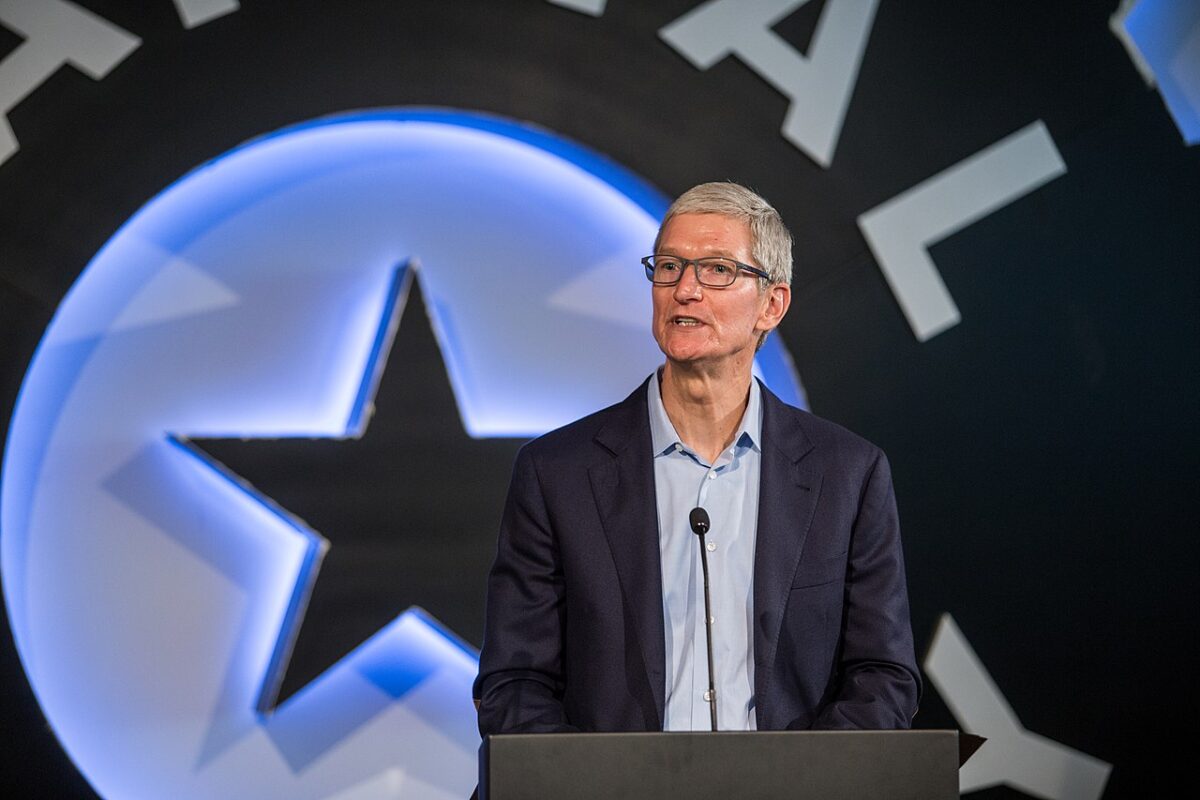Has Big Tech gone too far?
This unsettling question emerged after outgoing U.S. President Donald Trump and Parler — a fairly new messaging app favored by conservatives and far-right activists — were removed from the internet by American information and technical companies that enjoy a virtual monopoly in the market.
These developments gave rise to yet more questions: Is free speech under the First Amendment threatened? Do dominant companies like Twitter, Facebook, Apple, Google and Amazon have a right to wield so much power and influence? Have they been consistent in ensuring that clients play by their rules?
Are we on a slippery slope?

Why, for example, is Iran’s supreme leader, Ayatollah Ali Khamenei, permitted to spew out hateful messages calling for Israel’s destruction and denying the Holocaust? It’s clear beyond any doubt that his account on Twitter should be removed unless he abides by its terms of service.
Twitter permanently banned Trump last week shortly after he incited a riot on Capitol Hill on January 6 to block the congressional certification of President-elect Joe Biden’s victory in last November’s presidential election.
Twitter, which portrays itself as a defender of free speech, de-platformed Trump, with 88 million followers, out of a concern that he might incite further violence.

In a precursor to this development, Twitter began labelling Trump’s tweets as “disputed” and “false,” while Facebook kicked Trump off its platform for the duration of his term and banned the accounts of two of his associates: Michael Flynn, his former national security advisor, and Sidney Powell, one of his lawyers.

Facebook, too, limited Trump’s exposure on digital sites such as YouTube, Snapchat, Reddit and Twitch.
These were grievous blows to a populist politician who normally tweeted multiple times a day and whose popularity depended, in part, on his unfettered access to social media.
“Without the tweets, I wouldn’t be here,” he told The Financial Times three months after his inaugural in 2017.

Jack Dorsey, the chief executive officer of Twitter, has admitted that blocking a powerful politician like Trump set what could be “a dangerous precedent.” In the same vein, German Chancellor Angela Merkel warned of the potential dangers of silencing a democratically-elected head of state
If chief executive officers like Mark Zuckerberg of Facebook, Sundar Pichai of Google and Susan Wojcicki of YouTube can arbitrarily decide who can appear on their respective sites and what they can say, people will naturally wonder whether their decisions are in the public interest or motivated by corporate interests.
A commentator in the online journal Real Clear Politics put it more bluntly as the dust of January 6 settled: “The nation’s founders chose not to give Congress the power to silence even a madman in the Oval Office, other than to remove him through impeachment. This week taught us that a handful of billionaires in California essentially have that power. Trump’s near-total disappearance from the digital world since his ban serves as a stark reminder of this.
“The near-unanimous support from the new Democratic majority for this ban means Silicon Valley is now emboldened to eliminate any voice, no matter how powerful. It creates a dangerous normalization of the silencing of dissent.”
In the wake of Trump’s banishment, Apple and Google took Parler off their app stores and Amazon stopped hosting the service.

Trump’s reelection campaign had an account with Parler, which had 3.5 million users. Among them were white supremacists and neo-Nazis peddling their lies, half-truths and convoluted conspiracy theories.
Since last November, Amazon says, Parler tolerated incendiary content promoting calls to kill African Americans, American Jews, politicians and tech company chief executive officers. Parler thereby failed to abide by Amazon’s terms of service.
Apple chief executive officer Tim Cook said on January 17 that, while Parler has been suspended, it can be reinstated if it cracks down on the dissemination of hatred and reins in the promotion of violence. “If they get their moderation together, they would be back on there,” said Cook, whose company hosts two million apps.
Until quite recently, Facebook permitted Holocaust denial. These revisionists have been expelled from the site, but antisemitic content, which invariably is an incitement to violence, has yet to be banned.
And as the Associated Press reported on January 16, Apple and Google still allow podcasts that propagate white supremacy and regurgitate QAnon conspiracy theory, both of which are gradually being yanked from social media platforms.
Free speech is a vital component of American democracy, but those who abuse it to sow racial, religious and ethnic tension and strife have no place whatsoever on social media. This is not free speech. It is incitement to genocide, and should not be permitted under any circumstances.
Abusers pushed out of mainstream social media inevitably will be driven to dark and encrypted channels of the internet, but that’s an unavoidable risk we must take.
We will all be better off if the social media giants are broken up into smaller entities. As a rule, monopolies feather their own nests, sometimes at the expense of society at large.
